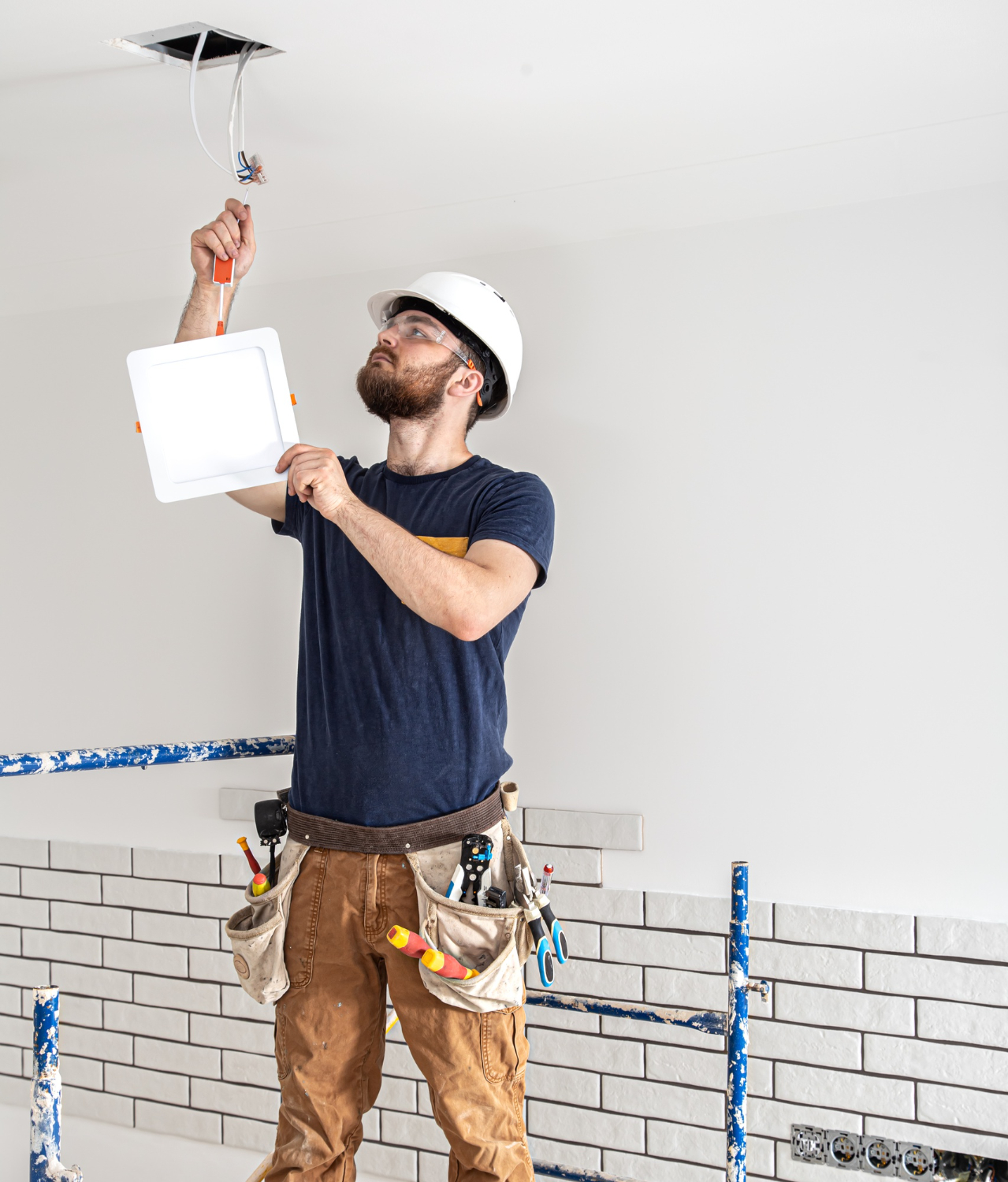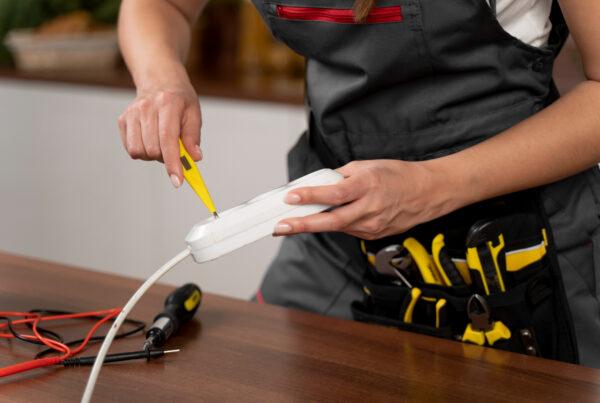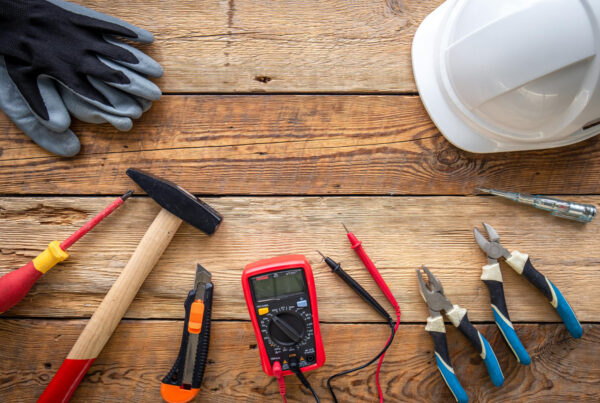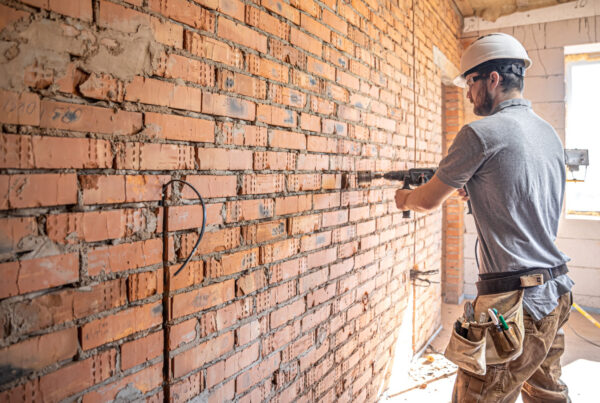When it comes to home outlet installations, ensuring safety, compliance with electrical codes, and proper functionality are paramount. Expert electricians follow a set of guidelines to guarantee a seamless and secure electrical setup in your home. In this comprehensive guide, we’ll delve into the dos and don’ts of home outlet installations, covering everything from understanding electrical codes to the importance of proper grounding.
Understanding Electrical Codes and Regulations
Expert electricians consistently stay abreast of the latest electrical codes and regulations. It’s crucial to understand the National Electrical Code (NEC) and any local regulations governing electrical installations in your area. Regularly check for updates and revisions to ensure your installations align with the most current safety standards.
Neglecting electrical codes can lead to hazardous installations and legal repercussions. Avoid shortcuts or improvisations that might violate code requirements. Precision and adherence to regulations are essential for creating a safe and compliant electrical environment within your home.
Choosing the Right Outlet for Your Needs
Before installing outlets, evaluate your power requirements. Different areas in your home may demand specific types of outlets, such as GFCI (Ground Fault Circuit Interrupter) in bathrooms and kitchens. Select outlets that match the intended use and adhere to safety guidelines.
Mismatching outlets with the designated usage can result in electrical hazards. Avoid using standard outlets in moisture-prone areas or neglecting the necessity of GFCI outlets where required. Proper outlet selection is fundamental to preventing potential dangers.
Proper Outlet Placement and Spacing
Strategic outlet placement ensures convenient access to power without compromising aesthetics. Plan placements based on furniture arrangement, room layout, and usage patterns. Adequate spacing prevents overloading circuits and enhances electrical convenience.
Avoid overcrowding outlets, which can lead to overheating and increased fire risks. Distribute the load evenly among outlets and consider installing additional ones if needed. This prevents the temptation of relying on extension cords, reducing the risk of electrical fires.
Ensuring Adequate Electrical Load Capacity
Understanding the electrical load capacity of your home is vital. Expert electricians assess the load demands of various appliances and devices to ensure that circuits can handle the required power without tripping breakers or causing damage.
Overloading circuits by connecting too many devices to a single outlet is a common mistake. This can lead to overheating and pose fire hazards. Resist the temptation to daisy-chain power strips and opt for dedicated circuits when necessary.
Safe Wiring Practices and Connections
Professional electricians prioritize proper wiring techniques to guarantee a secure and reliable electrical system. This involves using the right gauge of wire, securing connections with wire nuts, and organizing wires neatly within electrical boxes.
Neglecting wiring standards can result in faulty connections, electrical shorts, and increased safety risks. Avoid loose connections, exposed wires, and sloppy wiring practices. Adhering to the best practices ensures the longevity and safety of your electrical installations.
The Dos of GFCI and AFCI Installation
When it comes to areas exposed to moisture, such as bathrooms and kitchens, the installation of Ground Fault Circuit Interrupter (GFCI) outlets is non-negotiable. GFCIs are designed to swiftly detect ground faults, instantly cutting off power to prevent electric shocks. By prioritizing GFCI installation in these spaces, you add an extra layer of protection against electrical accidents associated with water exposure.
In living rooms and bedrooms, where electronic devices and appliances are prevalent, incorporating Arc Fault Circuit Interrupter (AFCI) outlets is a wise choice. AFCIs detect dangerous arcing conditions that could potentially lead to electrical fires. By installing AFCIs in these areas, you proactively minimize the risk of fire hazards, ensuring a safer living environment for you and your family.
Grounding: Importance and Correct Procedures
Vancouver electricians emphasize the critical role proper grounding plays in residential electrical systems. When hiring a residential electrician in Vancouver, ensuring that grounding procedures are meticulously followed is essential for the safety of your home. Vancouver electricians prioritize connecting outlets to the grounding wire, mitigating the risk of electrical shocks and providing a reliable path for excess electrical current to dissipate harmlessly.
Neglecting grounding procedures is a severe safety oversight that no reputable residential electrician in Vancouver would endorse. It’s crucial to understand that the coastal climate of Vancouver may pose unique challenges to electrical systems, making adherence to grounding protocols even more critical. Always insist that your chosen residential electrician in Vancouver follows proper grounding procedures to safeguard your home and loved ones from potential electrical accidents.
Testing and Verifying Outlet Functionality
Residential electricians in Vancouver highlight the significance of comprehensive testing in ensuring the functionality of each outlet. When seeking the services of a Vancouver electrician, inquire about their rigorous testing procedures post-installation. A reputable residential electrician in Vancouver employs advanced tools such as voltage testers to guarantee that every outlet is correctly wired and free from potential issues.
Skipping testing steps can be particularly risky in the dynamic climate of Vancouver, where electrical systems may face unique challenges due to weather conditions. Don’t compromise the safety of your home by assuming outlets are functional without proper testing. Trust a qualified Vancouver electrician to invest the necessary time in rigorous testing, minimizing the likelihood of future electrical problems and ensuring a safe and reliable electrical system for your residence.
Common Mistakes to Avoid in Home Outlet Installations
Even with the best intentions, common mistakes can occur during home outlet installations. Vancouver electricians highlight the importance of avoiding these pitfalls. Overlooking electrical codes, using substandard materials, and neglecting proper testing are common errors. Additionally, failing to secure wires adequately and underestimating load capacities can lead to hazardous situations. By staying vigilant and informed, you can sidestep these potential issues and ensure a safe and effective outlet installation.
Empower Your Home with Rainforest Electrical: Your Trusted Vancouver Residential Electrician
Are you ready to transform your home’s electrical system into a safe and efficient powerhouse? Trust the expertise of Rainforest Electrical, your go-to Vancouver electrician for residential needs. Our skilled electricians follow the dos and don’ts outlined in this comprehensive guide to ensure top-notch installations. Don’t compromise on safety and compliance; choose Rainforest Electrical for all your home outlet installation requirements. Contact us today to experience the excellence of Vancouver’s premier residential electrician. Your home deserves the best—trust Rainforest Electrical to deliver.










